#mileage
Ram Sets Price for 2020 EcoDiesel Pickups
Fresh off giving Chevy a good drubbing in the American sales race, Ram has announced pricing for its new batch of EcoDiesel half-ton pickup trucks.
We’ll save you a click and tell you above the fold that the cheapest way to get into a new Ram EcoDiesel is by way of two-wheel drive Tradesman wearing Quad Cab clothes. That truck stickers for $36,890 plus destination. There’s more to it than that, of course, so you’ll want to hit the jump to learn why Ram feels the need to offer not one but two different EcoDiesels in their showrooms at the same time.
Piston Slap: New York State and the 5-Digit Odometer's Death?
Here’s something I’ve been wondering: Why did odometers typically read only to 100,000 miles until fairly recently? Was that the maximum cars could possibly last when the practice began? Was it marketing — “100,000 miles, need a new car”? Is it something else? Durability expectations were certainly raised when Volvo added another digit, and with good reason. Two hundred thousand miles or more now seems to be feasible for many cars, with others known for exceeding that.
The odometer limitation certainly creates lots of doubt in the market for older vehicles. 50,000, 150,000, or even 250,000 miles are possibilities for a given vehicle.
On a related note, why are dealers so committed to ensuring no owner documents are provided with a used car? Even when buying an obviously well-maintained car at a reputable dealer, all I got was a whispered, “The timing belt has been changed.”
I look forward to hearing your thoughts.
'Actual Mileage May Vary' Could Travel Far For Troubled Automakers
A court ruled Nov. 12 that a lawsuit may continue against Ford for misstating its mileage estimates of its C-MAX and Fusion hyrbid cars.
Ford attempted to dismiss the lawsuit based on its claim that the mileage estimates provided by the Environmental Protection Agency, were in part, an estimate and that “actual results may vary.” Car owners suing the automaker pointed to Ford’s media blitz that included Ryan Seacrest in Times Square with a bunch of billboards and T-shirts with the number 47 on them and “47 Challenges, 47 Days” marketing push and Facebook posts that the cars would achieve a “EPA-certified 47 mpg city and 47 mpg highway ratings for a 47-mpg combined rating” — among many other 47-branded things — when the cars didn’t come anywhere close.*
*Actual mileage did vary.
“Ford implicitly recognized that its advertising campaign was misleading,” U.S. District Judge Kenneth M. Karas wrote in the ruling.
Piston Slap: The Fallacy of Engine Hour Meters?
Ryan writes:
Sajeev Mehta
It appears that you have picked up where Steve Lang left off. That is answering general automotive questions that puzzle automotive enthusiast.
My question, what average speed would be good or bad for a used vehicle? I am in the market for a used truck (3-6yrs old), and have noticed that these newer trucks have mileage and hours tracked in the dash display screen. It is easy math to calculate the average speed for the life of the vehicle. What should I look for?
Or run from?
Best and brightest?
Piston Slap: Suspension Wear and Tear to Infiniti?
TTAC Commentator CoreyDL writes:
Hey Sajeev,
I have had several questions floating around in my head for quite a while about proper suspension maintenance. My story begins a couple of cars ago when I couldn’t find answers, and ends here with this multi-part, OCD-approved question. My 09 M35x has just gone over 56,000 miles and I’m thinking I am past due for shocks (they’re originals, I believe). After riding in a G37xS the other day and noticing how much more compliant it felt over speed bumps and the like, my awareness of the issue increased.
When I go and look at various message board/etc. sources online, seems like whenever someone has tried to ask a serious question about their suspension, some dudebro usually replies with, “Aw man just put Bilstiens on there and lower it brah.”
Even Back Home In Korea, Lying About Gas Mileage Can Get Expensive
Guess which South Korean carmaker prompted the South Korean government to tighten its rules about overstating their cars’ mileage? Under new South Korean government rules “aimed at reassuring consumers after Hyundai Motor Co’s fuel economy fiasco last year” it can cost more than $900,000 if one is caught with overly optimistic mileage claims, Reuters says.
Hyundai Fuel Fiasco: Whose Shoe Will Drop Next?
“Who’s next?” This is the number one topic at the Los Angeles auto show. After Hyundai had to restate its MPG numbers and pay compensation to customers, executives and analysts are convinced that more automakers may have to do the same, reports the well-connected Reuters reporter Bernie Woodall from the back-rooms and cocktail parties in LA.
Louis Bird Is About To Get Swindled, And Not By Hyundai
A gentleman named Louis Bird is suing Hyundai because his 2011 Elantra isn’t getting the claimed 40 mpg that Hyundai’s ads apparently tout. Bird is being supported by a group called Consumer Watchdog, and if that rings a bell, maybe it’s because TTAC has dealt with them a few times in the past regarding Hyundai.
Forget Quality, Safety: Car Buyers Care Most About Mileage, Mileage, And Mileage
Fuel economy now is the leading factor that drives new car decisions, a study by Consumer Reports says. “Fuel economy” ranks top by a wide margin, followed far behind by quality, safety, and value.
The factors that trigger premature ejaculations in basement-dwelling, Gran Turismo playing phantasy car buyers, namely performance, design, and technology, are also-rans.
Payback Is A Bitch: Mazda's ICE Challenges Hybrids
When someone tells you “you’ll save a lot of money,” always ask: “How much will it cost me?” New technology that saves you a lot of money usually comes with a nasty habit: It costs a lot upfront. With a car, you are faced with the dilemma whether to pay Big Car now or Big Oil later. I never forget when I was a young copywriter and I had the task of launching the first diesel powered Golf. I extolled its prudence at the pump and its longevity. Whereupon a grizzled old guy at the advertising department of Volkswagen said: “That thing is expensive. You need to drive 80,000 km to get your money back. By that time, the engine will fall out of the car.” (VW had some corrosion issues back when.) That introspection was triggered by two events: Ed is in Michigan, he has a date with the Volt. His mission: Find out when you will get your money back. Then there’s Mazda, which did something utterly boring, but likewise highly exciting.
Hyundai Aims High With Record-Low 50 MPG
Did we mention that Hyundai is doing well in the U.S.? Sales up 21 percent for the year. Hyundai cars sold in the U.S. average about 30 miles per gallon, the best fuel efficiency in the industry. Jack Baruth loves his 2005 Hyundai Accent so much that major portions had to be redacted such as not to conflict with indecency laws. Can Hyundai do much better than that? They think they can. How? No idea.
The EPA's Ten Most-Efficient Vehicles Since 1984
- 2000 Honda Insight 5MT CVT (49/61/53)
- 2010 Toyota Prius (51/48/50)
- 1986 Chevrolet Sprint ER 5MT (44/53/48)
- 1990-1994 Geo Metro XFI 5MT (43/52/47)
- 1986-87 Honda Civic Coupe HF 5MT (42/51/46)
- 1994-95 Honda Civic Hatchback VX 5MT (39/50/43)
- 2006-2010 Honda Civic Hybrid CVT (40/45/42)
- 2010 Honda Insight CVT (40/43/41)
- 2001-2003 Toyota Prius CVT (42/41/40)
- 1989 Chevrolet Sprint/Suzuki Swift 5MT (38/45/41)
Keep in mind that this list [via our pals at Autosavant] is for EPA ratings, adjusted to the new post-2008 methodology (city/hwy/combined). Luckily, the EPA also accepts real-world mileage submissions from citizen-motorists to help illustrate the whole “your mileage may vary” thing. That list is after the jump.
Why The Chevy Equinox EPA Mileage Numbers Don't Add Up
TTAC GM Bashing Alert! The following article has been read and reviewed by the TTAC-GM Assault Protective Services Committee and has been found to contain material that may put GM in a negative light. Reader discretion is advised.
Unless the elves are asleep at Google, the odds are good that there will be an ad for the 2010 Chevrolet Equinox immediately to the right of this article. And it will proudly trumpet its 32 mpg EPA highway rating, like every other Equinox ad. From GM’s first gleeful announcement, it was hard to swallow from the that a tall, almost 4,000 lb CUV could actually get 32 mpg on the highway, or 26 mpg combined. It appears others are having the same blockage of the pharynx. Now that there’s a number of reviews out, they all show the same pattern: the Equinox EPA numbers are highly deceptive. But would the EPA ever come down on Government Motors?




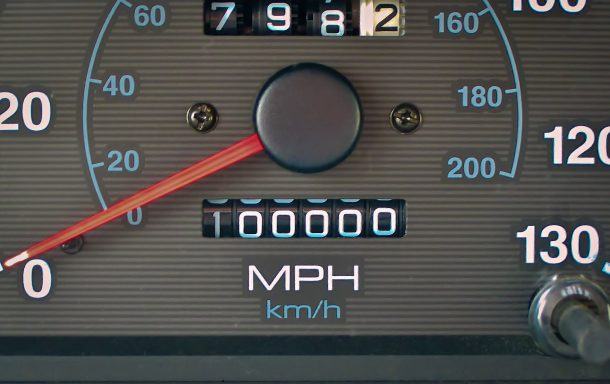


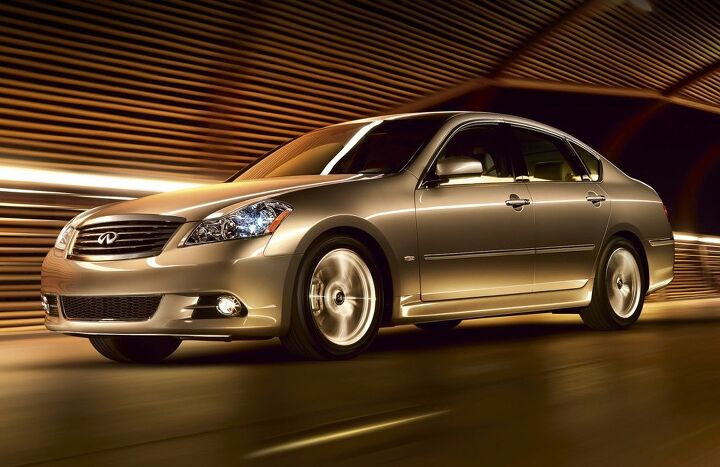

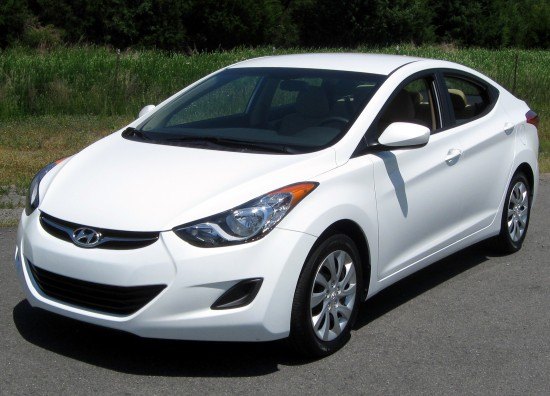
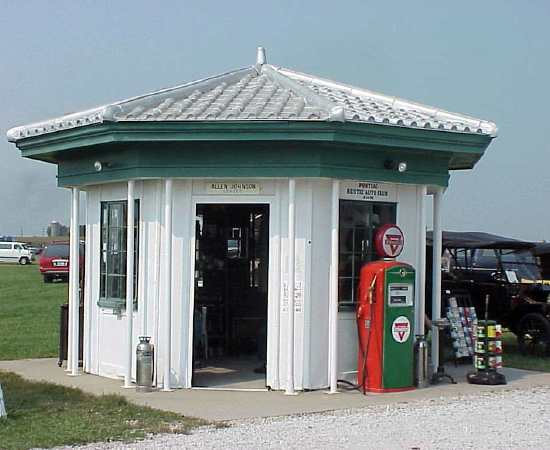
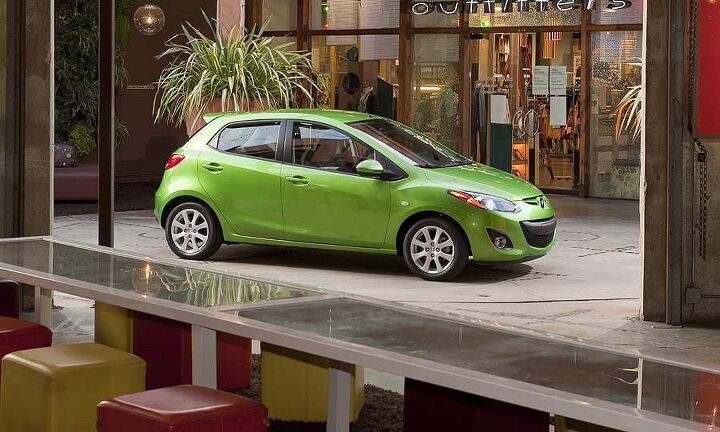
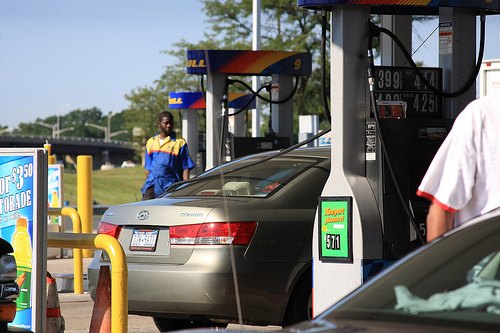

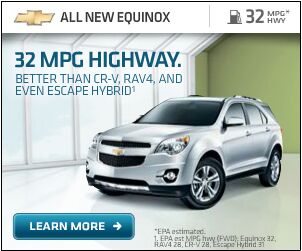












Recent Comments